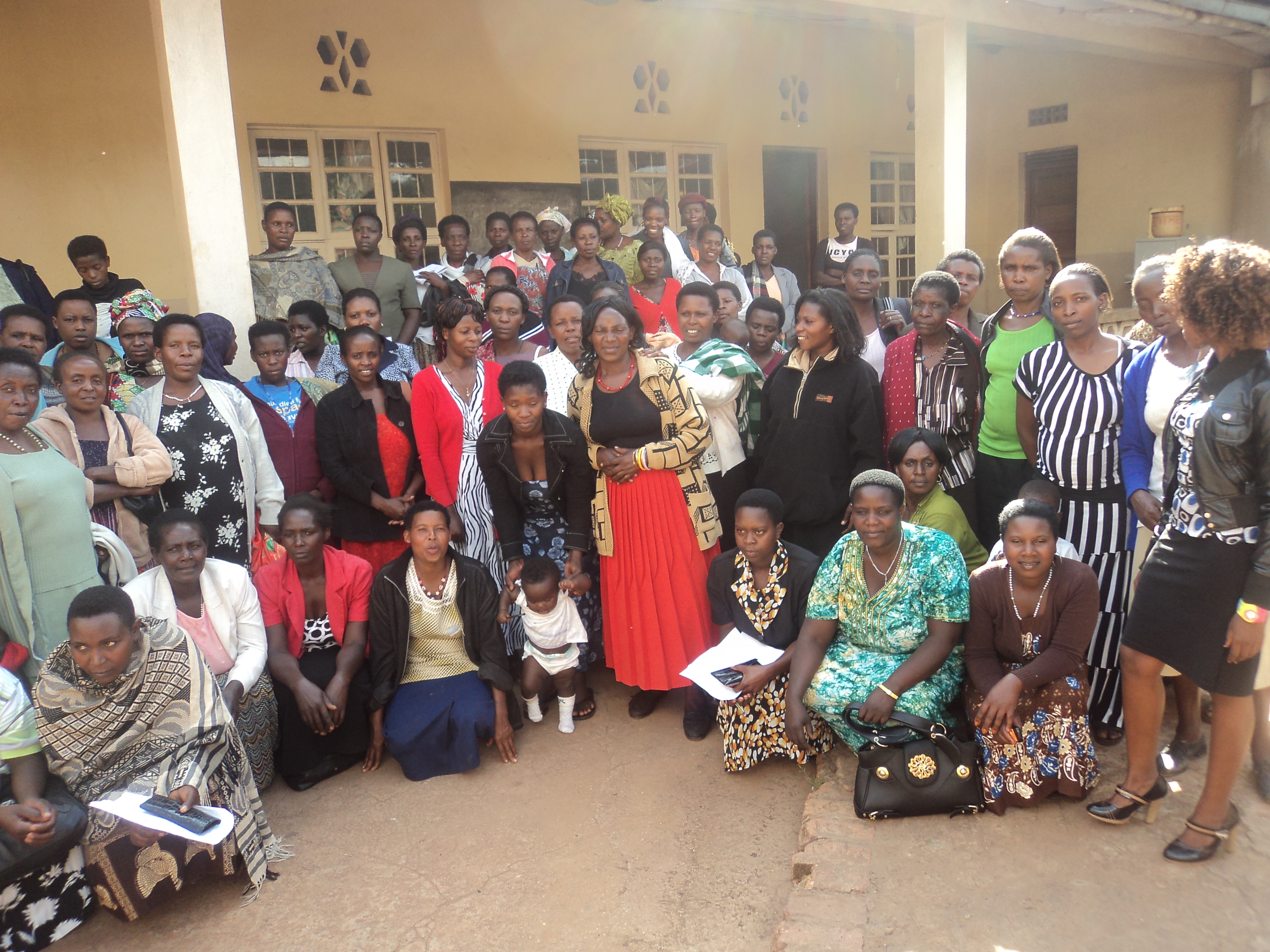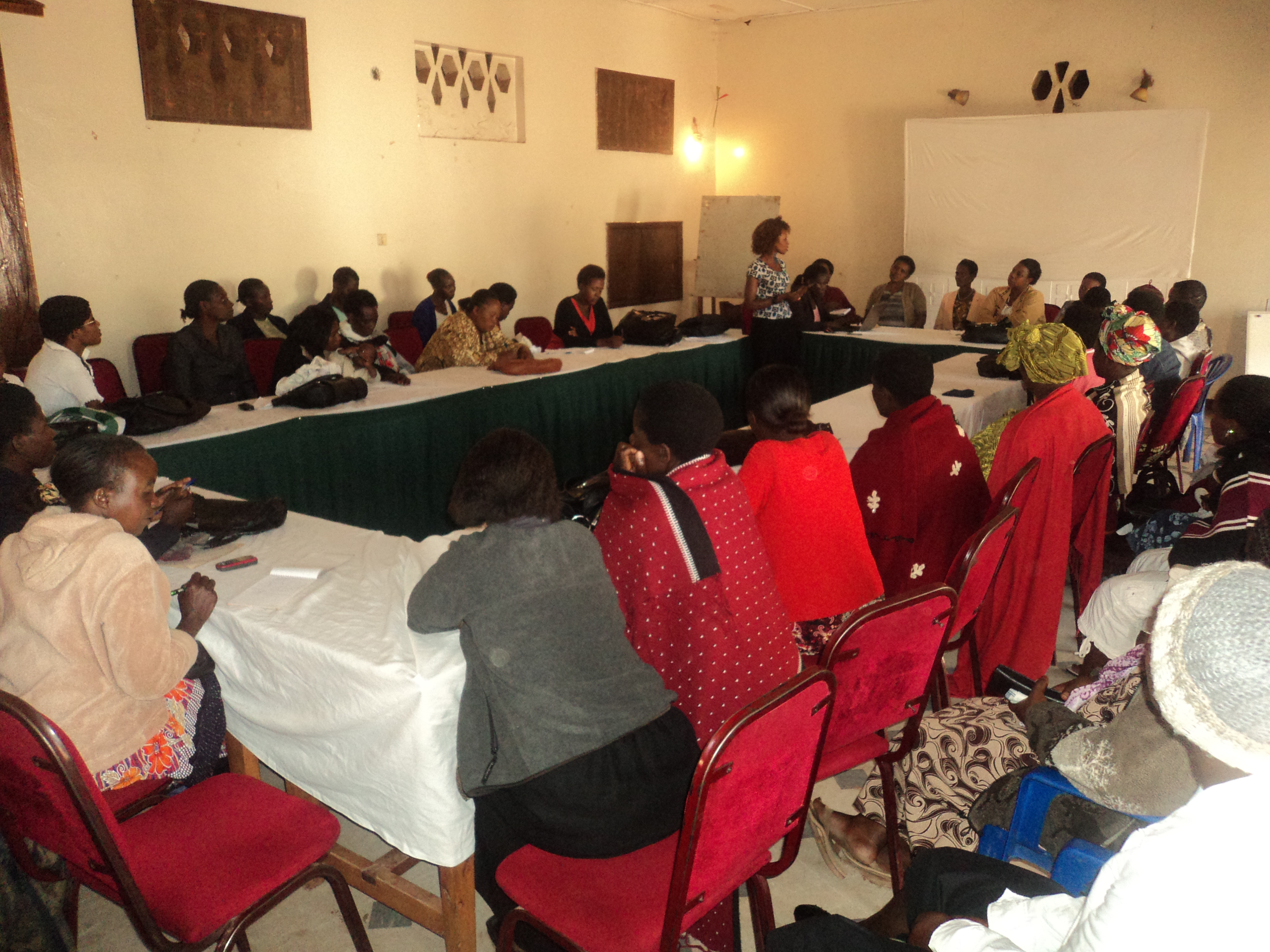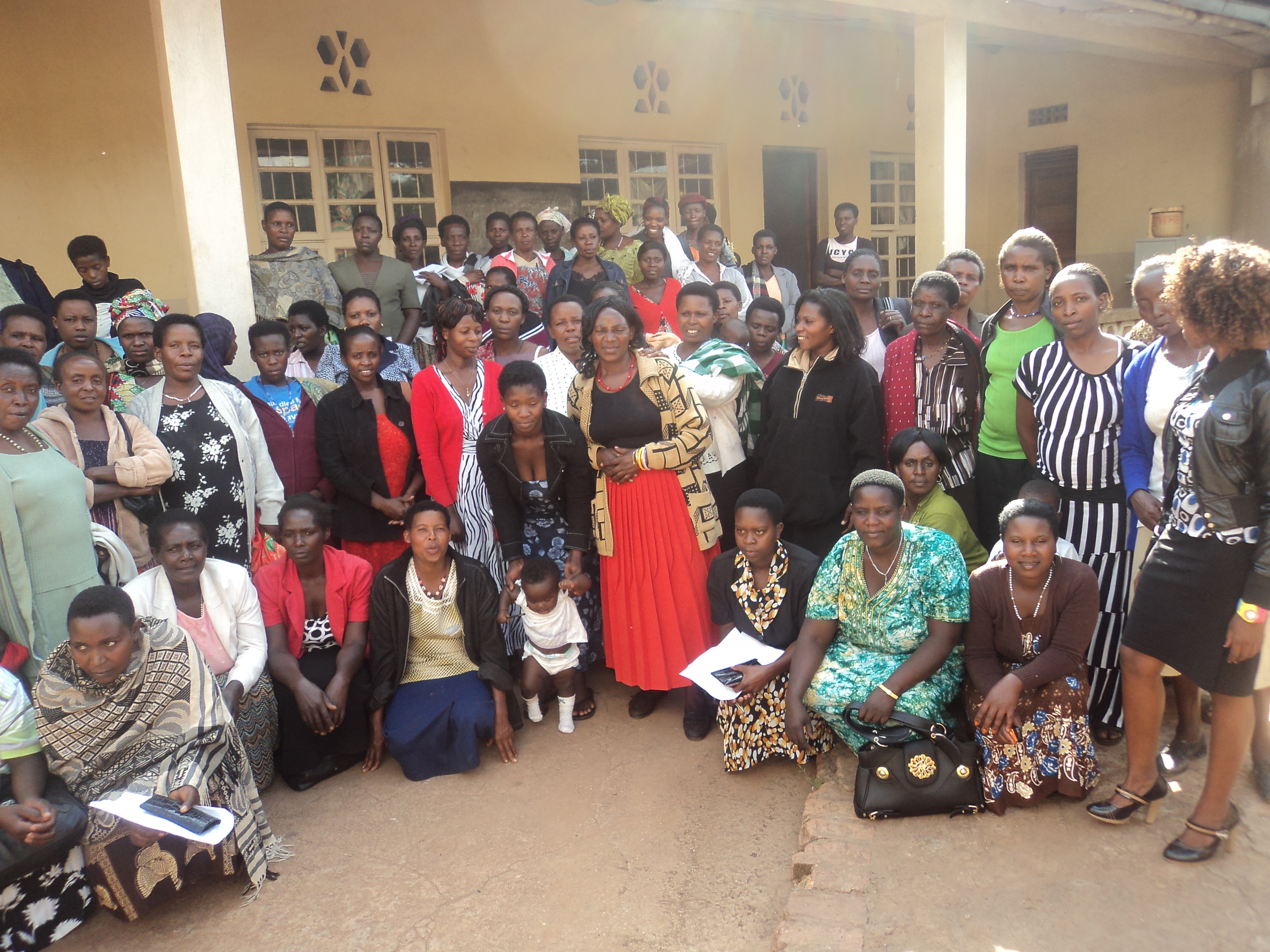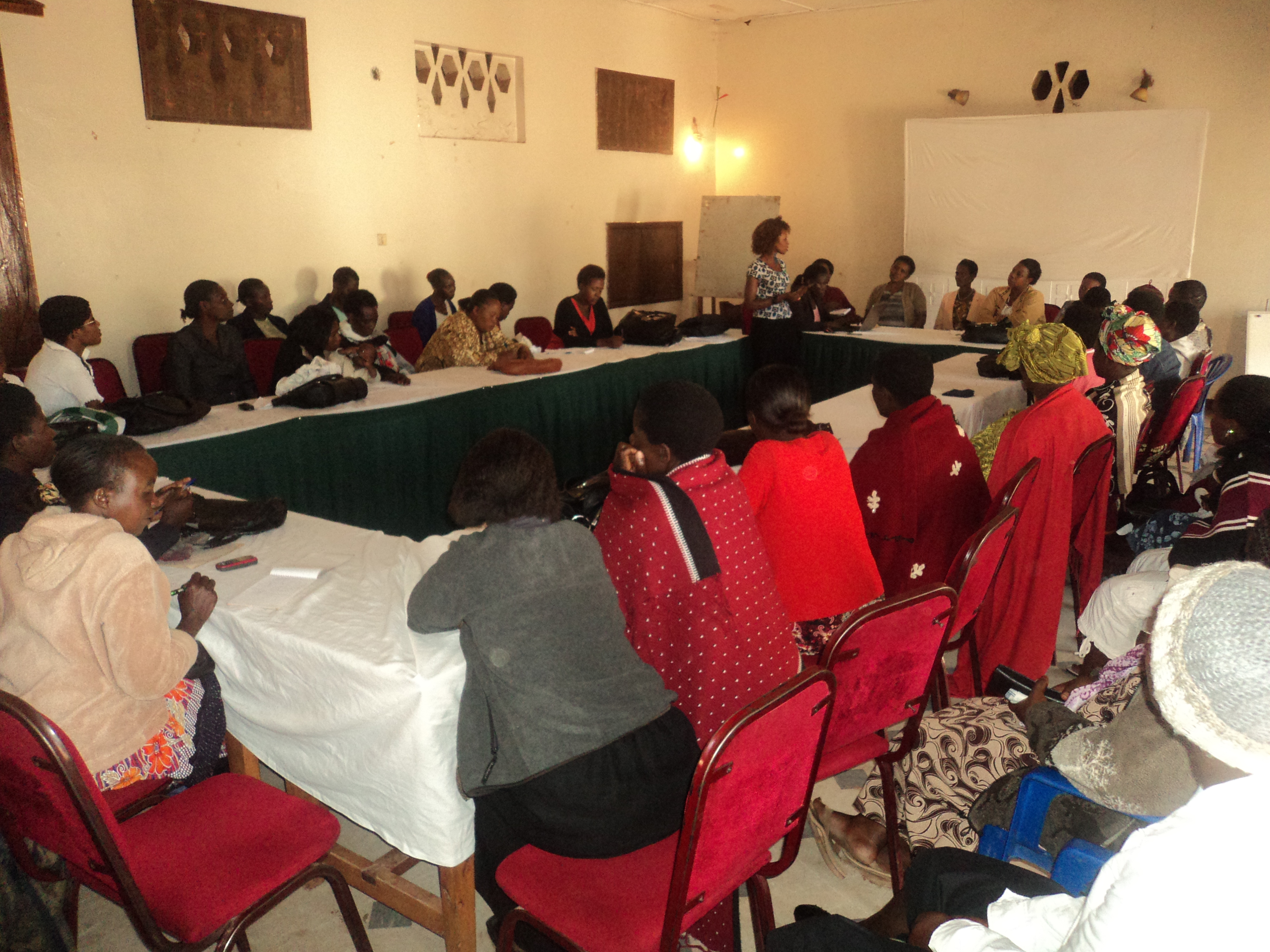Climate Justice Network for Women

Climate Justice Network for Women (CLIJNET)
Climate Justice Network for Women (CLIJNET) is a national network of organizations, experts and activists working for gender equality, women’s rights and climate justice in Uganda.
CLIJNET has evolved in the context of the international climate negotiations (UNFCCC). It includes women and gender experts working in policy, research and practical implementation at national and local levels.
CLIJNET is working to achieve gender and climate justice by:
a) Raising awareness and building capacity on gender and climate to improve climate policies
b) Increasing the knowledge base on gender and climate to identify effective mitigation and adaptation options
c) Empowering women to actively contribute to mitigation and adaptation
d) Enhancing cooperation on gender and climate issues at all level
e) Advocating for gender and climate justice as overarching, guiding principles.
Our Governance
As a national network, CLIJNET aims to share decision-making and responsibilities throughout
its membership and across regional and national borders.
This is reflected in the governance structure, which is made up of several bodies: A national
Steering Committee, the Members Assembly, CLIJENET Board and the National Secretariat.
Our Vision
The change we envision is both profound and urgent. CLIJNET believes that in order to achieve
women’s rights, gender justice and climate justice, fundamental changes are necessary.
The challenges of climate change and gender injustice resemble each other, in that they require
the existing (and deeply flawed) systems of power, politics and economics to be addressed and
overcome.

This means not just gender mainstreaming but the transformation of gender relations and societal
structures. It means more than just technical amendments to reduce emissions, and instead
requires real mitigation by raising awareness and making extensive changes to unsustainable life-
styles and the current ideology and practice of unlimited economic growth. Instead of
perpetuating the current division of resources and labour, it also means finding alternatives based
on a responsible, cooperative approach to create sustainable and equitable societies.
We believe that linking women’s rights, gender justice and climate justice is key to achieving
these fundamental changes. This is a question of justice and equity as much as a matter of quality
and effectiveness of decisions.
Our objectives
The main objective of CLIJNET is integrating gender justice into climate change policy at local
and national levels. CLIJNET is is working to achieve gender and climate justice by:
- Raising awareness and building capacity relating to gender and climate issues among decision-makers and others working on climate change in order to improve policies;
- Raising awareness and building capacity relating to gender and climate issues among women (and men) in order to increase pressure on policy-makers for effective mitigation and adaptation;
- Increasing the knowledge base on gender and climate issues through research, action-oriented learning and frequent knowledge exchange to identify a growing host of options for effective climate action;
- Developing more effective climate protection and adaptation through empowering women to make active, maximum contributions to mitigation and adaptation measures, while denouncing the disproportionally negative impacts imposed on women by false solutions;
- Increasing the participation of women in the formal policy making process, including grassroots women;
- Raising awareness and capacity building on gender and climate change issues among young girls
- Bridging the gap between local action and decision making by bringing local experiences to the decision-making levels through advocacy and lobbying;
- Strengthening the capacity of CLIJNET members to effectively participate in climate change negotiations through training, facilitating, and sharing information and experiences.
Our Work
CLIJNET is working to ensure that gender dimensions are fully integrated into climate policy.
Gender responsive approaches must be developed and implemented in adaptation, mitigation
and low-carbon development. Finance, technology sharing and capacity building, as well as
outreach and participation, must also be gender responsive to meet the needs of women and
men.
Equal participation of women and men, and commitment to gender justice in international
agreements is an important step, yet this alone is not sufficient. International arrangements
and national plans need to integrate inclusive and gender responsive climate policy.

CLIJNET opposes high-risk technologies such as nuclear-power, geo-engineering and carbon
capture and storage, genetic engineering and monoculture plantations. Moreover, CLIJNET
opposes the prevalence of market-based schemes over other policies and measures.
CLIJNET members represent a wide range of initiatives, networks and individuals working at
local and national level, through advocacy, capacity building and pilot projects..

Women and men contribute differently to the causes of climate change. Individual carbon
footprints are a product of gendered roles, responsibilities and identities.
Women and men are differently affected by climate change. Due to their socially constructed
roles and responsibilities, such as family care, women are more vulnerable to the effects of
climate change.
Women and men have different attitudes and preferences in terms of responses to climate
change. As different roles in society result in different attitudes towards policies and measures,
women tend to more strongly reject high-risk technologies and limited technological
approaches, preferring a more holistic approach, including changes to lifestyle.
Women and men are differently affected by climate policies and measures. This is due to socio-
economic factors, such as disparities in income and occupational choices. Climate policy needs
to recognize and integrate gender dimensions in order to become more effective and to be
respectful of human rights.